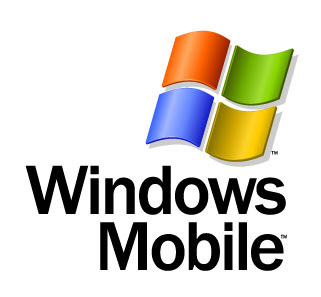

Nokia will be unveiling its first smartphone featuring the Android operating system later this month at the Mobile World Congress in Barcelona. This is a giant leap forward for the struggling cell phone manufacturer that was recently purchased by Microsoft. This is also an important milestone for Microsoft who is rumored to soon be allowing Android apps inside its Windows and Windows Phone Stores. This drastic move could either elevate Microsoft’s presence in the mobile arena or it could be a disaster for the future of Windows.
Microsoft accounts for only a 3.2% market share of the mobile industry while 78.4% of smartphone users prefer Google’s Android operating system. Because of this, there is a huge disparity when it comes to available apps in the Windows Phone Store. Many mobile developers simply don’t consider making compatible versions of their apps for Windows Mobile because there is no audience. With Nokia releasing its first Android-based smartphone later this month, it makes perfect sense for Microsoft to want to integrate Windows with Android in a similar fashion to Apple’s OS X and iOS.
Nearly 90% of all computer users are running a version of Windows and millions of people use Microsoft applications on their systems regardless of the operating system. Because Android dominates the mobile industry just like Windows dominates the PC world, making Android apps available on desktops and syncing them with Windows itself seems like a logical step forward for both Microsoft and Android.
Satya Nadella, Microsfoft’s new CEO, has declared his company will focus on a “mobile-first, cloud-first world” going forward. He hasn’t gone into specifics on how he plans to accomplish this but it’s clear that Microsoft needs to catch up with their rivals. Google and Apple have managed to succeed in the mobile industry because they both built thriving ecosystems – something Microsoft has failed to do despite having a stronghold on the desktop market.
It may be difficult for consumers to even care if Microsoft integrates Android into Windows. Google services are completely based around the web and any Android user can access their data from any computer regardless of the operating system. And, with Google Chromebooks getting better with each release, Android users may opt for the Chrome OS instead of Windows or OS X machines which are more costly.
Google has also slowly been releasing desktop versions of their Chrome apps to Windows and OS X computers – making it even easier for Android users to sync data across multiple platforms. For Microsoft to succeed in bringing Android apps to Windows and Windows Mobile they would also need to incorporate their smartphones into the desktop with cloud services.
Making Windows Mobile succeed in an industry that doesn’t need them won’t be easy, but there is a lot of potential to make it just as good (or even better) than the competition. The only obstacle will be to convince consumers to purchase Windows-powered devices capable of running Android instead of the Android smartphones and tablets they’re used to – and this won’t be an easy feat.
